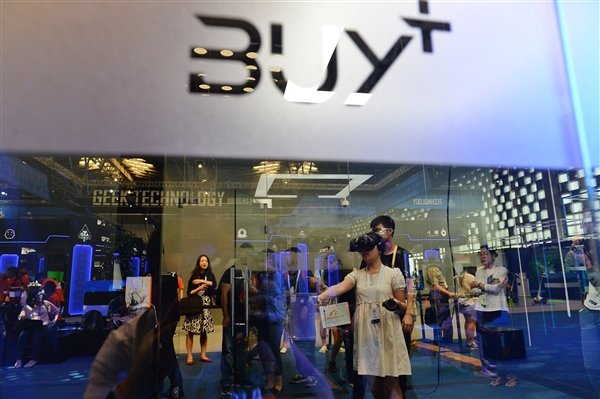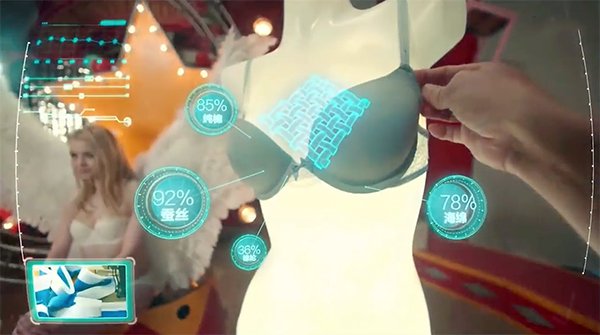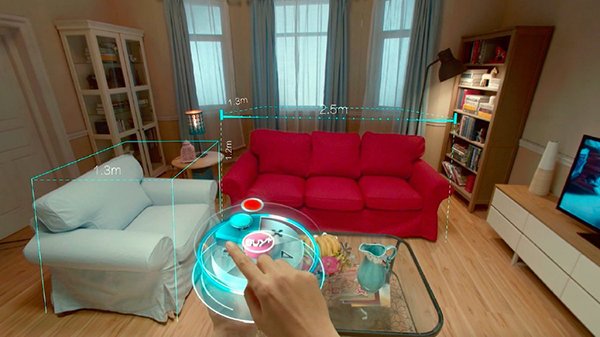We know that now there are two platforms for mobile payment. In ordinary life, we will use WeChat to pay. At other times, we will use Alipay for payment. Now that Alipay has occupied 70% of the mobile payment market, it is literally a "digital wallet." In the GnomeMagic VR Lab at Alibaba in Hangzhou, engineers have spent months testing the virtual reality shopping environment. We can see the results of their experiments in the video, but it should be noted that the content from the beginning of a man's selection of underwear for his girlfriend is more of a concept demonstration (in fact, the current technology can not do) .

At the previous Taobao Festival in Shanghai, visitors could select clothes and fashion products from more than 70 online stores through VR glasses. In the virtual reality shopping environment, there will be a robot shopping guide for you to guide, users can quickly view a variety of product details or even worn by the models wearing apparel and jewelry on the T stage for you to show. By using these AR and VR technologies to enhance the shopping experience, BUY+ will enable consumers to understand the more real-world situation of goods and make more appropriate shopping choices. Now, the mobile-phone Alipay app can make it easy for people to make offline and online purchases, and directs 500 million Alipay users to this new technology. It's not hard to imagine why Alibaba is so interested in BUY+.

According to information, in September this year, Alibaba will try to invest in the BUY+ shopping experience (the Alipay application) in the consumer market for the first time, but people have also raised concerns about security issues accordingly. After all, the use of mobile VR for shopping is very limited in the means we can interact with (mainly in the area of ​​security verification), but Alibaba is also working on technologies like iris scanning, so in the future we will be able to use iris scan instead of passwords or fingerprints. Recognition is verified.

